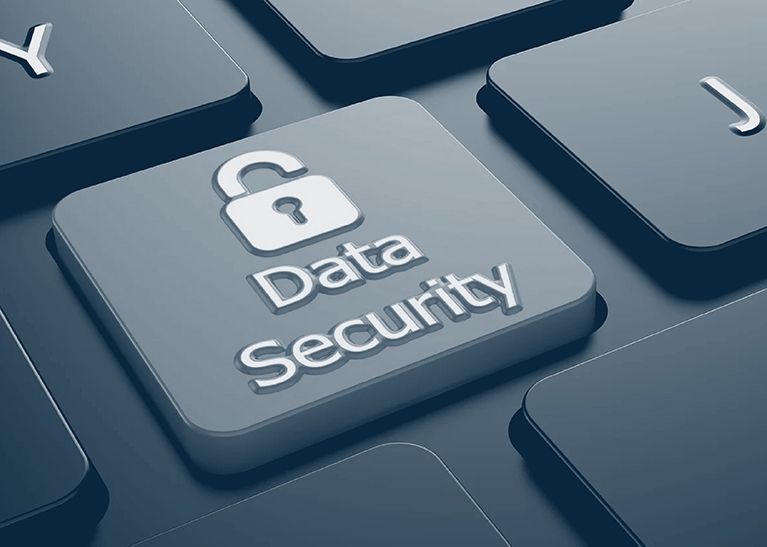In the digital landscape of today, the prominence of remote teams has ushered in a pressing need for heightened data security and confidentiality in virtual workspaces. These remote setups present distinct challenges that necessitate specialized solutions.
Foremost, it’s crucial to adopt encrypted communication channels for team interactions, file transfers, and all collaborative endeavors. Platforms like Signal and Wire are at the forefront in providing encrypted chats, video conferences, and file-sharing options, ensuring that only those intended can access the content.
Simultaneously, we cannot overemphasize the importance of a robust authentication protocol. Incorporating multi-factor authentication (MFA) across platforms fortifies access security. Tools such as Authy and Duo Security are notable for offering reliable MFA services and secure single sign-on options.
Virtual Private Networks (VPNs), like NordVPN and ExpressVPN, are indispensable for remote team members. They serve as protective barriers, especially when accessing work-related resources from potentially insecure networks, such as public Wi-Fi. This protective layer ensures that data transfers remain confidential and shielded from potential threats.
In the unfortunate event of data loss or a cyber-attack, having a consistent backup strategy can be a lifesaver. Automatic backup solutions like Backblaze and Carbonite not only provide regular backups but also ensure the data is encrypted and secure.
Furthermore, endpoint security is a cornerstone of remote work data safety. It’s imperative that all devices, from laptops to smartphones, maintain updated security software. In this arena, Bitdefender and Sophos have emerged as leaders, offering robust security features tailored for a plethora of devices.
When it comes to collaboration, platforms that emphasize data security and are in line with industry standards should be the go-to. Both Slack Enterprise and Microsoft Teams have carved out their space in the market with data protection features and compliance certifications.
But tools alone won’t suffice. Regular training sessions for team members on emerging security threats and the latest best practices are crucial. KnowBe4 and GoPhish are exceptional in their offerings, providing awareness training and tools to simulate real-world phishing attacks.
Lastly, the significance of consistent monitoring can’t be overlooked. Regular audits of access logs and activities can act as an early warning system for potential security breaches. With tools like Loggly and Splunk, teams can efficiently monitor and analyze data, ensuring the virtual workspace remains fortified against threats.
In conclusion, as the landscape of work shifts to embrace more virtual spaces, our approach to security must evolve concurrently. With proactive strategies and the right tools, remote teams can establish a secure and thriving work environment.
